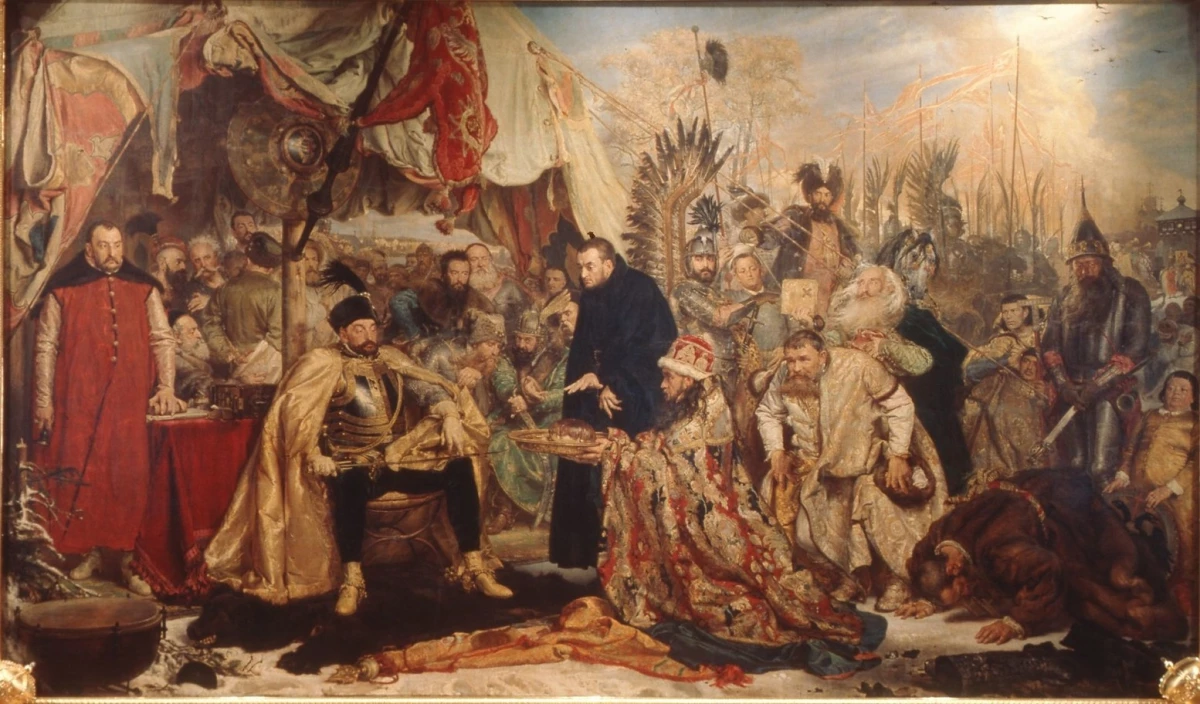
The Livonian War began in 1558. The reason for her was the failure of Dani from the Livonian Order of the Moscow Kingdom. King Ivan IV Grozny wanted to break the old opponent and get a way out to the Baltic Sea. However, after the collapse of the Order in 1560 in this conflict, which lasted almost a quarter of a century, other participants were drawn: the Kingdom of Denmark, Sweden and Poland, as well as the Grand Duchiness of the Lithuanian and Crimean Tatars. A long confrontation caused radical changes within the main opposing parties: at the end of the 1560s. The Moscow king introduced an Okrichnin, and the Polish kingdom and the Grand District of Lithuanian were united into talking to compolutely.
War went with varying success. Until 1577, Moscow troops tried victory in the territory of the Baltic States and Belarus, but the newly elected Polish king Stefan Batori was able to organize a counteroffensive, which was stopped only by the Pskov's resistant defense. The Moscow Kingdom and Commonwealth were strongly exhausted, so in December 1581 peaceful negotiations began in the village of Cutevov Mountain (near the Zapolsky Yam, south of Pskov).
The main question in the peace treaty concerned Livonia. Ivan Grozny wanted to leave only Yuriev (now Tartu, Estonia). Batorians wanted to leave Livonian, and Russian cities. As a result, Ivan IV, wanting to overcome all his troops against the Swedes who defeated from the North of the Swedes, agreed to give in the Livonia. Stephen Batorius, making sure the hopelessness of attempts to take Pskov, also went on concessions, abandoning the captured Russian cities and contribution.
The PM-Zapolsky Mirny Agreement between the Moscow Kingdom and the Commonwealth speech was signed on January 15, 1582, according to its conditions, Muscovy refused Polotsk and its acquisitions in Livonia. In return, the Poles pledged to return the captured Russian cities. The agreement also established a truce for a period of 10 years and announced the exchange of prisoners. The Sapolsk world did not eliminate the main contradictions between the Russian kingdom and the speech of the respondent in the Baltic States, but the truce established by him lasted until the troubled time in Russia.
Source: http://www.hrono.ru.
